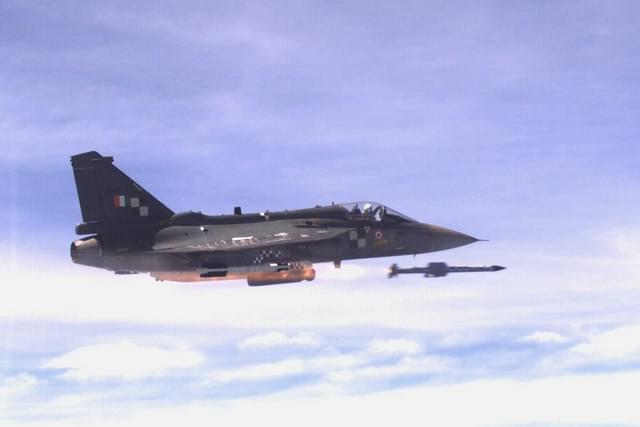- Views: 2K
- Replies: 8

The Aeronautical Development Agency (ADA) has issued a tender calling for a comprehensive safety analysis to ensure the seamless and secure integration of the Astra Mk-I air-to-air missile onto the Light Combat Aircraft (LCA) Tejas. This project emphasizes India's commitment to stringent safety protocols in its defense technology advancements.
The tender specifically outlines a "Reliability and Safety Analysis For Astra Mk-I Integration On LCA" to meticulously evaluate potential risks associated with the missile's integration. A primary focus of this analysis is to assess potential risks related to unintended missile release or failure to launch, encompassing four specific scenarios:
- Commanded Jettison Failure: The missile failing to detach from the aircraft despite a pilot-initiated command.
- Non-Commanded Jettison: An unintentional release of the armed missile.
- Commanded Launch Failure: The missile failing to launch upon the pilot's command.
- Non-Commanded Launch: The highly improbable event of the missile launching without pilot input.
The Astra Mk-I, an indigenously developed Beyond Visual Range Air-to-Air Missile (BVRAAM), is a crucial asset in India's defense capabilities. Its successful integration with the LCA Tejas will significantly augment the Indian Air Force's (IAF) combat capabilities, providing a substantial edge in aerial engagements.
It is expected that this project will pave the way for the safe and effective deployment of the Astra Mk-I missile on the LCA Tejas, marking a significant leap forward for India's defense sector.
